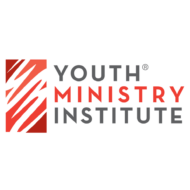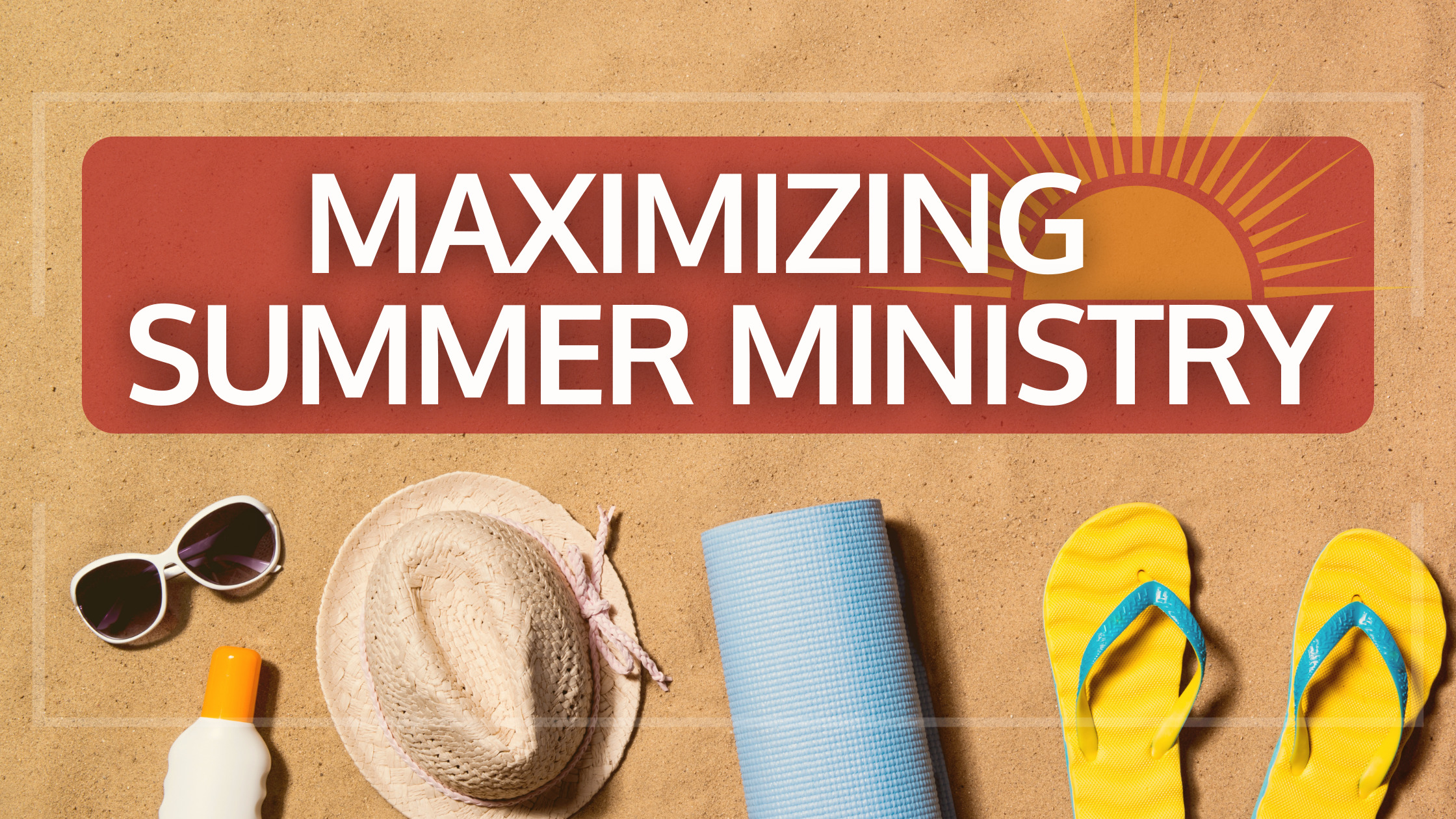Many of us will wrap up our school year within the next few weeks. I have always appreciated the transition into summer ministry because it brings a different pace. The opportunities we have in the summer create a rhythm that is unattainable during the school year.
Over my time in ministry, I have approached the summer with two entirely different philosophies. Philosophy one is drastically less programming and more avenues for relational connections with young people and their families. Philosophy two increases opportunities for young people to engage in ministry programming.
Two Philosophies For Summer Ministry
Less Activity, Big Impact
Philosophy one began from a place of needing rest. The truth is that we ask a lot of our volunteers. Volunteers likely have full-time jobs, families, and many other responsibilities that demand their attention and time. And let’s be honest, volunteering every week for an entire school year is a lot to ask of them. In the context of a small ministry, when your volunteers are one of your greatest assets, reducing your programming during the summer may be one of the best moves you can make.
Here are a few ideas for you if this is your philosophy:
Give volunteers the summer off. Let them know they are invited, but your top priority is that they are ready and energized for the fall.
Schedule easy options that encourage relationship-building among young people. These can look like you and another adult meeting young people at Chick-fil-a for lunch, followed by a movie or putt-putt.
Use your downtime to work on the stuff many of us hate, administration. During this season, you can re-work your student leadership applications, policies, handbooks, communication strategies, and more. You likely have more breathing room than you do in October. So use that time to make your life easier later.
Rest, rest, rest. Let me say that again, find ways to rest. Summer can create an excellent space for us to find physical, emotional, and spiritual rest.
Greater Activity, Big Impact
Philosophy two arose from a growing ministry I saw as having expanded opportunities. We experienced great success in the school year, and the team felt energized to keep moving forward. The tension was this, my team and I still needed rest. So how do I help the team feel a positive movement forward, capitalizing on the trend we are experiencing, while also making space for rest? Within these tensions, I developed a plan to alleviate some work from myself and the volunteers.
Here are a few examples of what this philosophy looked like in the ministry I served:
Create multiple low-risk, low-cost, and high-potential gatherings. These gatherings were highly focused on our missional purpose. One example would be opportunities to serve within the local community for a day, afternoon, or even a few hours.
Integrate leadership development for the next school year into your activities. For us, this meant creating Leadership Labs designed to give students basic leadership fundamentals and expose them to what it looks like to serve in student leadership.
Develop an internship program. The intern does not mean free labor. A good internship should provide housing, pay, and professional growth opportunities. We required reading and reflection. It also meant that I allowed interns to own pieces of the program. The ownership gave them space to grow and learn while also allowing me to focus my attention elsewhere.
Finally, rest was still essential, but it looked different. In my first philosophy, I rested throughout the summer. In this philosophy, rest was scheduled for the final weeks of summer before the school year began. We would have zero programming for the last two weeks of summer.
Now, these are only two possible philosophies for your time this summer. There are other options and many more variations. The key is understanding what your volunteers need, what you need, and what will help the ministry you serve the most next school year. Learn to balance these three things in a healthy way, and you’ll reap significant benefits.
So how will you spend your summer? What will the youth or children’s ministry you serve look like in the coming weeks?

Rev. Brian Lawson is the Director of Leadership Development and Client Services for YMI and has served in youth ministry since 2004. He also serves as a pastor in the Florida Conference of the UMC. Brian holds a Master of Ministry with a focus in organizational culture, team-based leadership, change, conflict, and peacemaking from Warner University. In addition to his degrees from Warner, he studied Christian Education at Asbury Theological Seminary. Click the social links below to engage with Brian.



We Would Love to Hear Your Thoughts